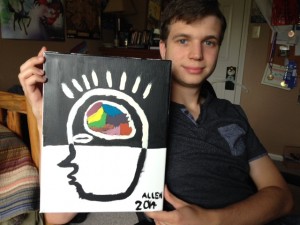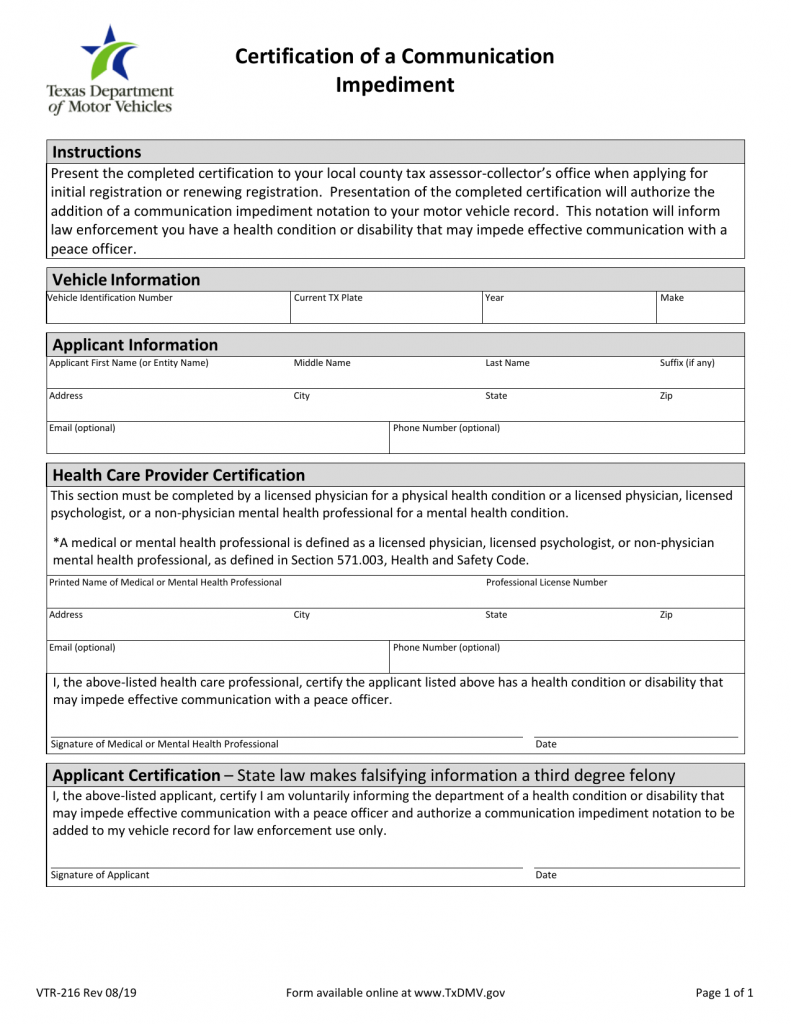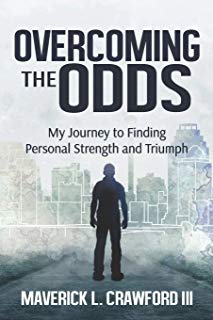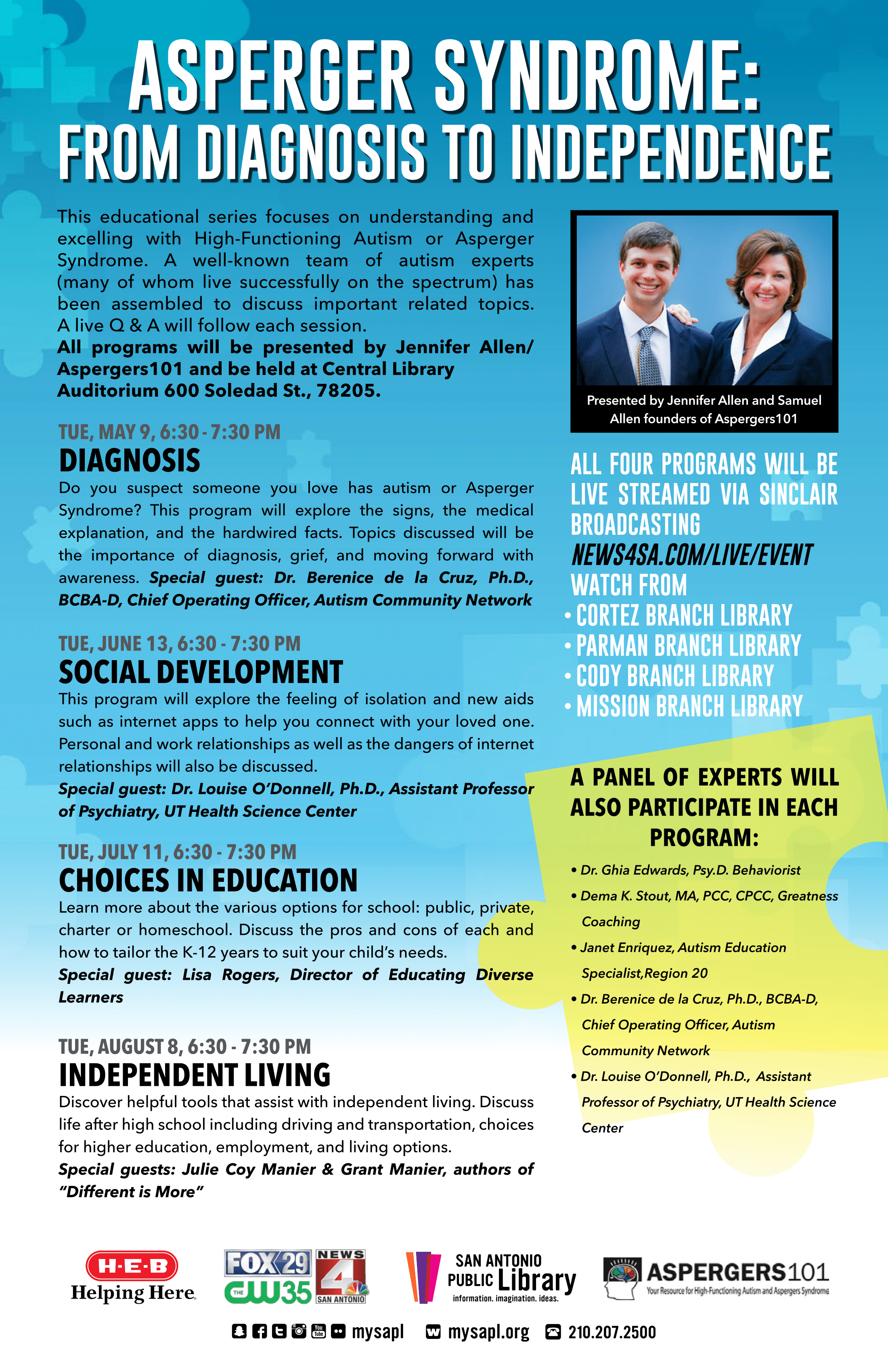Temple Grandin on Her Search Engine
Originally posted July 1, 2019 by PBS Digital Studios/ Blank on Blank
You’ve probably heard the story that Einstein – whose name is synonymous with genius – didn’t seem destined for much when he was a small child. He was years behind other children when it came to learning to talk, he did horribly in school. It seems that Einstein’s brain just worked differently than most other people’s. And many people these days are saying that Einstein was probably autistic – one of them is Temple Grandin.
“Everything in my mind works like a search engine set for the image function.” – Temple Grandin in 2008, from an oral history at Colorado State University.

Temple Grandin is a professor of animal sciences who’s worked in the meat industry to invent kinder ways to lead cattle to slaughter. She’s also autistic – the high-functioning version known as Asperger’s Syndrome. Autism, in case you don’t know, is a brain disorder that tends to affect people’s social skills, like the ability to read facial expressions and body language, but it can also mean extraordinary talent in math, music and the visual arts.
Temple Grandin has become something of a celebrity of autism. She’s written books, given TED talks, and she’s been around the world to speak on the subject. Claire Danes has even played her in a movie about her life.
As part of our special series, The Experimenters–where we uncover interviews with the icons of science, technology, and innovation…– we found this interview in the holdings of Colorado State University, where Temple teaches. In this conversation, Temple’s at her best, explaining for the rest of us what it’s really like to have an autistic brain and how Einstein’s not the only genius who could have been dismissed for being different.
More Blank on Blank episodes: http://blankonblank.org/pbs
Gabriela Lemos was born in Porto Alegre, Brasil, and was raised in San Antonio, Texas. She is currently a student at UTSA, graduating in December 2014 with a Bachelor degree in English. Brie states that she loves language and words, and the way in which people communicate with each other. She has always been interested and attracted to the autism community. “I find those on the spectrum to be incredible in so many ways, and I believe we can all learn from each other in our different strengths and weaknesses. I would love to use my talents to aid those who are not as strong in areas which I have confidence, and in turn receive an infinite amount of lessons and aid from those who I work with. Everything you send out, comes back to you, and I plan to practice sending out love and compassion every day”. We feel so fortunate to offer Brie’s talent of writing as well as her passion for autism awareness every week through our Aspergers101 Weekly.

















